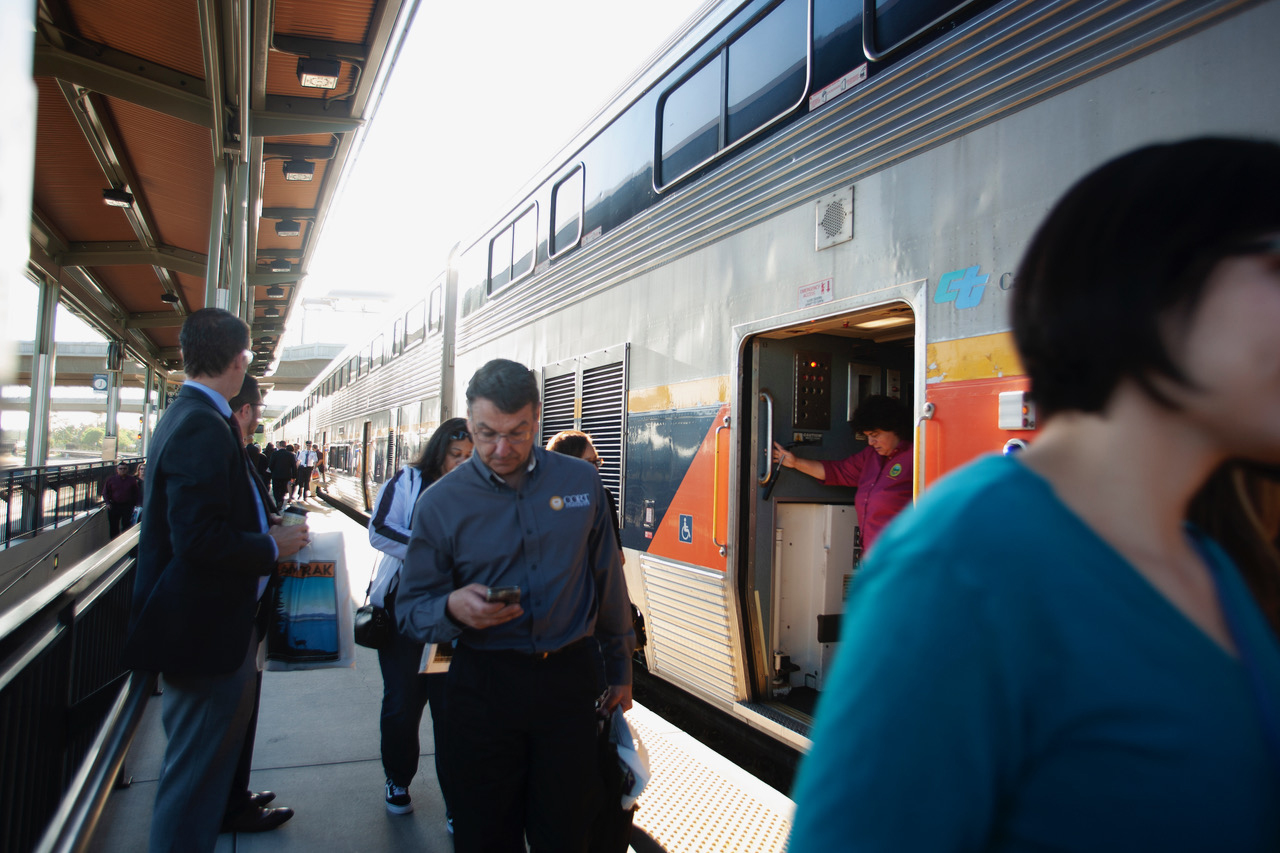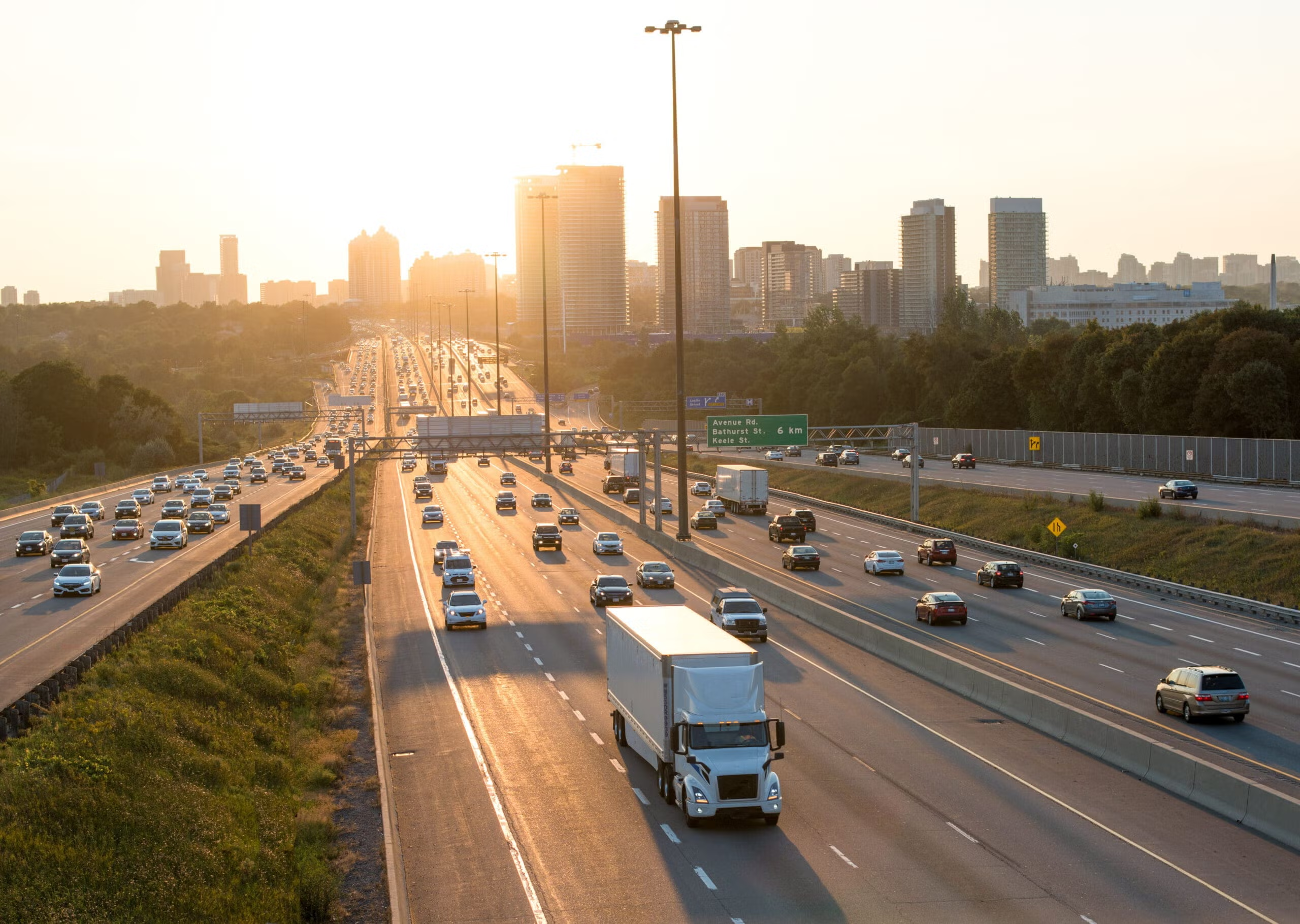Note: GJEL Accident Attorneys regularly sponsors coverage on Streetsblog San Francisco and Streetsblog California. Unless noted in the story, GJEL Accident Attorneys is not consulted for the content or editorial direction of the sponsored content.
Amtrak's San Joaquin line launched a new early-morning service that will deliver riders to Sacramento before the start of the business day. The new train service is expected to stimulate ridership in the San Joaquin Valley and offer travelers with business in the capital an alternative to driving.
“Make sure to tell your friends,” said Vito Chiesa, a Stanislaus County supervisor and chair of the San Joaquin Joint Powers Authority (SJJPA), at a press conference and celebration at the end of the line in Sacramento station. “We need to make this a success.”
Chiesa directed his comments to the elected and agency officials who hopped on board at each stop on the inaugural ride. The new “Sacramento Morning Express,” as it is known, starts in Fresno at 4:25 a.m. and takes a bit more than three hours to get to Sacramento, making stops in Madera, Merced, Turlock, Modesto, Stockton, and Lodi before reaching the state capital at 7:46 a.m. Return trains leave Sacramento at 12:41 p.m. and 5:30 p.m.
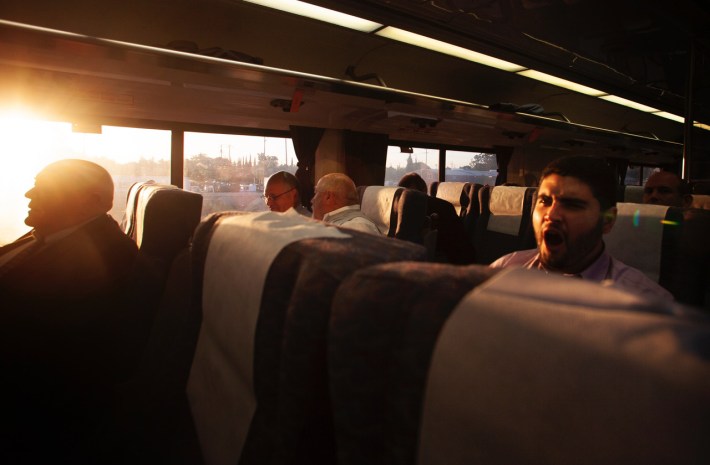
Darlene Barber-Martinez, vice mayor of Riverbank, which is near Modesto, said the new train schedule is very important to her. As part of a state policy committee that meets intermittently in Sacramento at 10 a.m., she had found it was not possible to get to Sacramento by train, and she had been forced to drive on the very congested Highway 99.
“Having this (new schedule) makes it so easy,” she said. “I’m going to have a lot of communication with my constituents telling them how convenient it is, how welcomed they make you feel.”
Barber-Martinez is exactly the type of customer the SJJPA is looking to attract: business travelers and people who want to make a one-day roundtrip. David Lipari, marketing and outreach coordinator for the SJJPA, said it expects the schedule changes to “re-energize” ridership. Approximately 1.1 million people currently ride the Amtrak San Joaquins every year on the two existing lines, from Bakersfield to Sacramento and Bakersfield to Oakland.
“A study was done for us that shows there are 23,000 trips made each day to Sacramento from Merced, Stanislaus, and San Joaquin counties,” he said. “Those are drivers that could turn into potential riders.”
Critics have complained that the schedule changes leave out people south of Fresno, who have limited access to alternative transportation options. For the train to arrive in Sacramento before the work day, the last southbound train will turn around in Fresno instead of going all the way to Bakersfield. That means a loss of one daily train for the city of Bakersfield in order to serve this more northerly route.
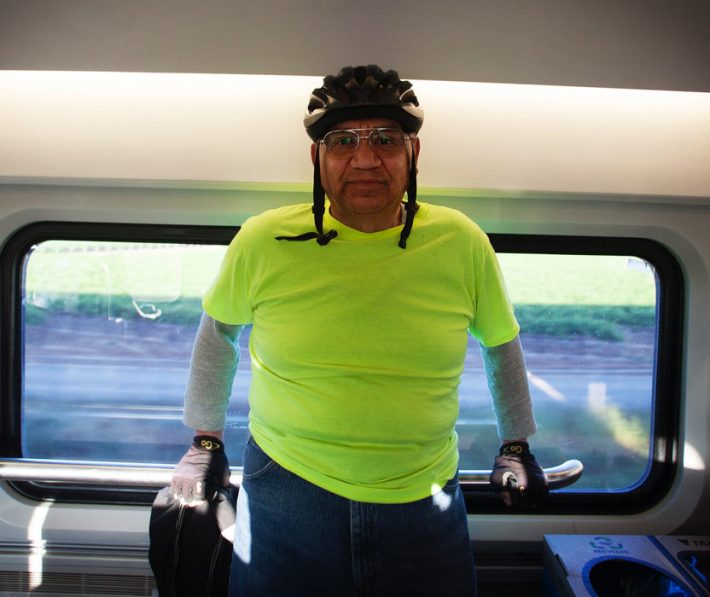
Lodi resident Rudolph Contreras, 73, a regular Amtrak rider who takes his bike on board, said he thinks the new service will work for a lot of people. As for him, he’s sorry to see that some bus connections at the Lodi station were eliminated in the scheduling change.
“For people going only to Sacramento this is nice, but there are those that like to come down to Lodi too – have dinner or go to the wineries, and take the bus back,” he said. “I guess we’ll have to find another way.”
The schedule is not the only change to the San Joaquin routes. The SJJPA board eliminated its dynamic pricing model, which offered discounts for early bird tickets but made day-of tickets expensive, and have instead established set fares between cities. Plans are underway for more schedule changes this year and in the next few, to add service between Fresno and Oakland.
In addition, the California State Transportation Agency (CalSTA) awarded over $500 million to the Valley Rail Project to fund new stations and track improvements, which should help the Amtrak San Joaquins and Altamont Corridor Express (ACE) connect better to each other and to the Sacramento region.
The funds were allocated from the Transit and Intercity Rail Capital Program (TIRCP), which receives significant funding from S.B. 1, the state’s gas tax program. Several elected officials took the opportunity to emphasize the importance of S.B. 1 to the future of transportation in the Central Valley, and to call for supporters to fight its repeal.
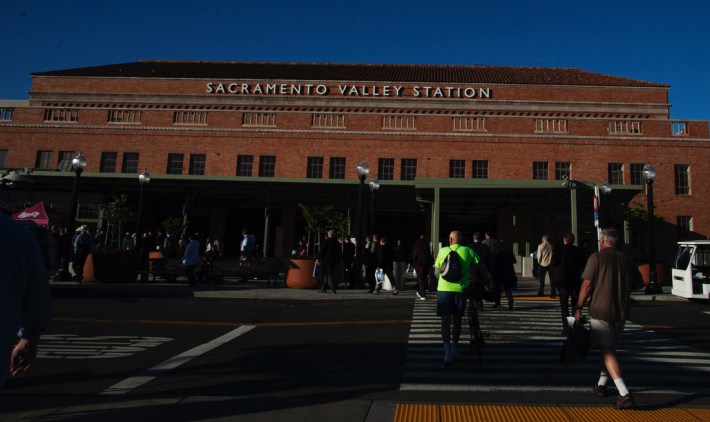
“Further evolution of our region—our future—depends on great transit,” said Sacramento Vice Mayor Steve Hansen. “Our economy depends on great transit.”
